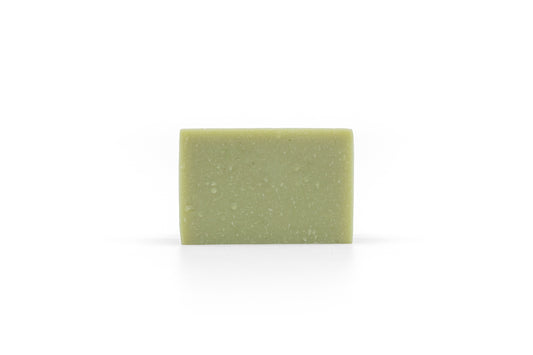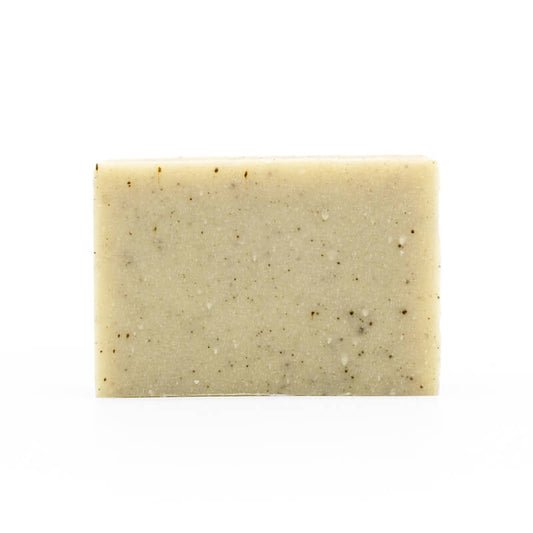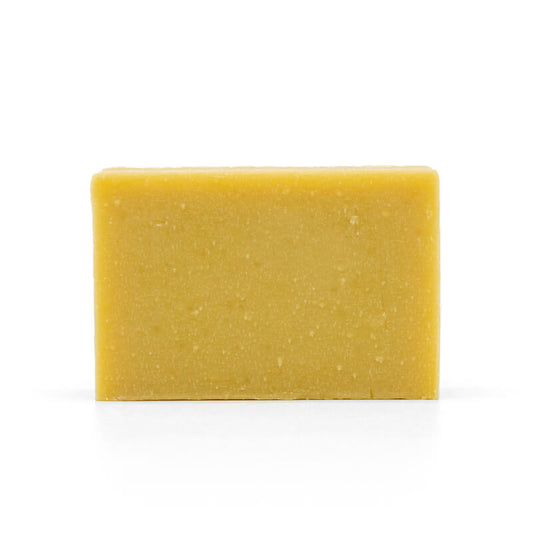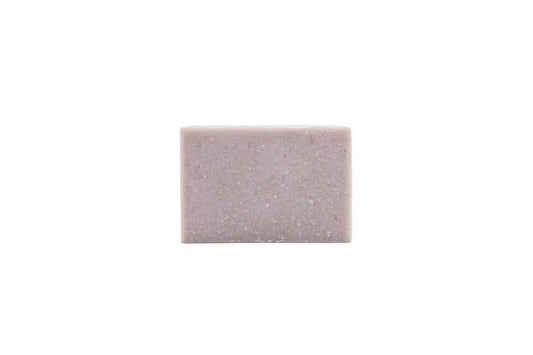Eucalyptus Radiata Essential Oil
 The oils of Eucalyptus globulus are often encountered in topical products and the realm of aromatherapy, but Eucalyptus radiata, also known as narrow leaf eucalyptus, is not as famous as its relatives despite its widespread use. Although similar in some ways to E. globulus, narrow leaf eucalyptus has its own complex scent that makes it a prized member of the natural fragrance library used to craft Beaverton’s handmade cold process soap bars.
The oils of Eucalyptus globulus are often encountered in topical products and the realm of aromatherapy, but Eucalyptus radiata, also known as narrow leaf eucalyptus, is not as famous as its relatives despite its widespread use. Although similar in some ways to E. globulus, narrow leaf eucalyptus has its own complex scent that makes it a prized member of the natural fragrance library used to craft Beaverton’s handmade cold process soap bars.

The narrow leaf eucalyptus tree ; Image: iPlantz
Sometimes called the “narrow leaf gum tree” or “narrow leaf peppermint”, narrow leaf eucalyptus is a species of tree native to Southern Australia. So named for its long and slender leaves, this endemic Australian tree produces clusters of small white flowers on its smooth branches, and grows with a rough barked trunk. Like other eucalyptus trees, narrow leaf eucalyptus is valued as a source of pungent fragrant oils. It is said that the indigenous people of Australia had knowledge of E. radiata and used the leaves for a number of different medicinal purposes; E. radiata leaves were wrapped around wounds to promote healing, burned and inhaled to stimulated the respiratory tract, and brewed into herbal teas to soothe the gut. By the mid nineteenth century, European settlers in Melbourne had begun using narrow leaf eucalyptus oil commercially as an ingredient in herbal pharmaceuticals. Today many over the counter remedies still employ oils extracted from the narrow leaf eucalyptus tree.

A narrow leaf eucalyptus seedling ; Image: TreeProject
The essential oils collected from E. radiata have a spicy and camphoraceous aroma, although there is some variability between different subspecies of the plant. One of the first eucalyptus trees used to produce concentrated oils, the mixture of natural compounds found in this eucalyptus species is considered to be less aggressive on humans than other members of its genus, making E. radiata the preferred eucalyptus oil for some holistic herbalists. The scent of narrow leaf eucalyptus is mainly due to high concentrations of the compound eucalyptol, which is collected from eucalyptus for use in a number of different commercial products including baked goods, candies, mouthwash, and cough syrups. In addition to eucalyptol, narrow leaf eucalyptus also contains a diverse mixture of other fragrant compounds like limonene, linalool, geraniol, citral, citronellol, and alpha-terpineol. This intricate layering of natural constituents is what gives E. radiata such a distinct scent among eucalyptus trees, and makes it a perfect addition to a carefully craft soap fragrance blend.

Blooming flowers of the narrow leaf eucalyptus tree ; Image: Native Oils Australia
Steam distilled essential oil of the narrow leaf gum tree is used together with other stimulating herbal scents in the naturally derived soaps of Beaverton’s. In combination with other eucalyptus species and mixed mints, E. radiata adds an extra layer of fine nuance to the natural fragrance blend behind the smell of Dead Sea Mint. The spicy and minty character of narrow leaf eucalyptus melds perfectly with peppermint, spearmint, and blue gum eucalyptus to bring a soothing and stimulating scent to hand washing and bathing. Experience the unique smell of this eucalyptus species in the handmade small batch soaps from Beaverton’s.







